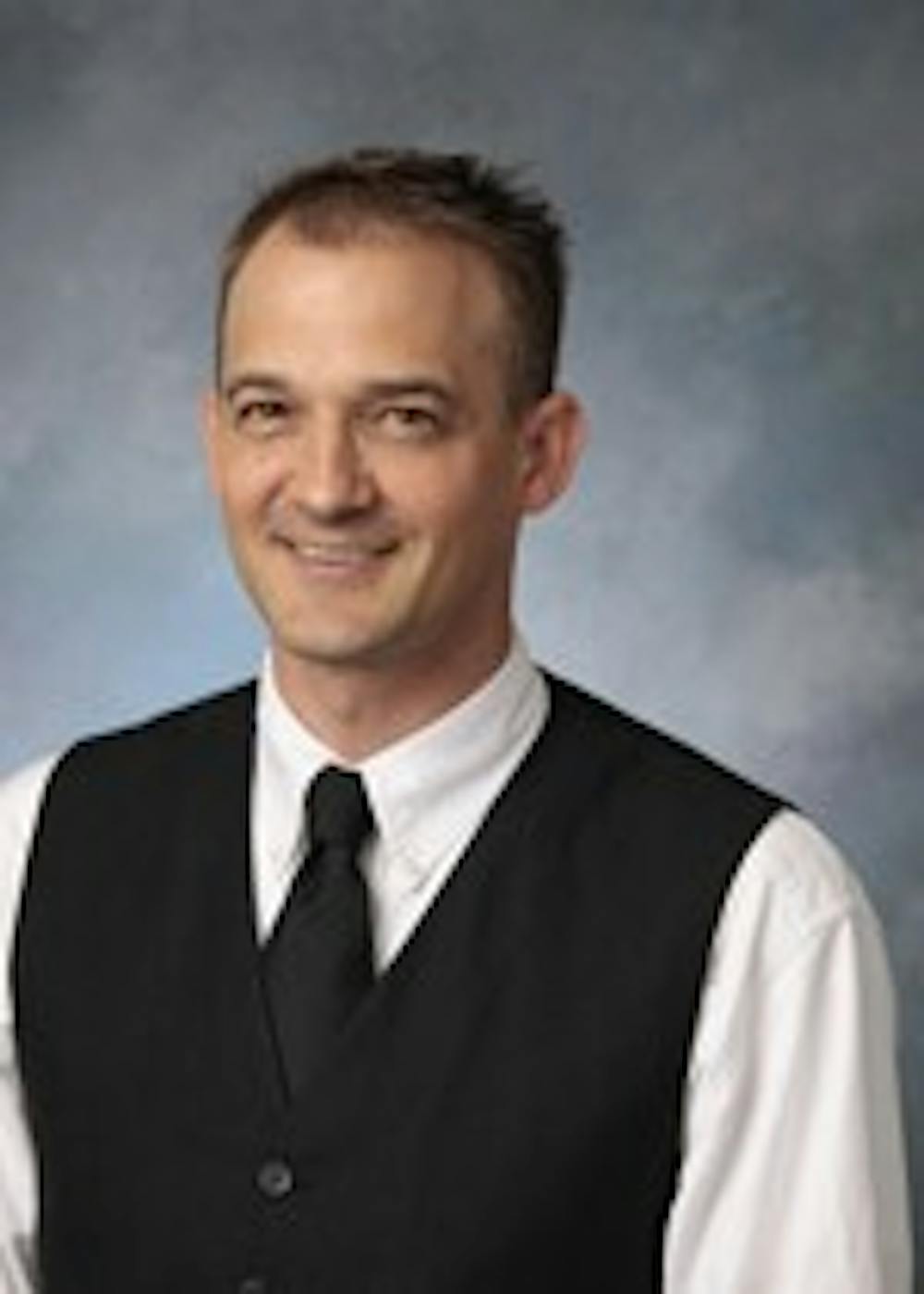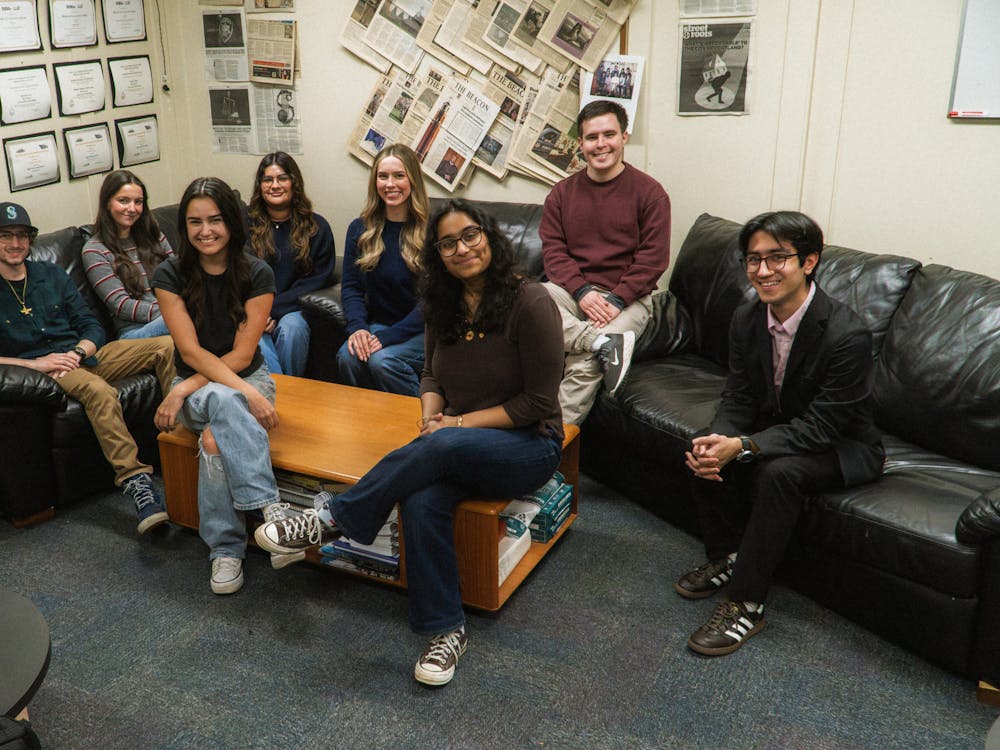Admit it: you write every day. Texts, emails, status updates and Post-It lists count, among the more formal papers, reports and presentations. Surprisingly, the most useful tool for your writerly labors is not the ability to come up with answers, but the genius of forming questions.
Huh?
The problem is, too many messages-to-the-world haven’t yet figured out what question they’re responding to. You’ve read them before: emails choked with indiscriminate facts (“why are you telling me this?”), peer essays that pull themselves apart in competing directions (“what’s your point?”), PowerPoint displays that don’t add anything to the talk (“why bother?”).
Such messages only give an audience a bad case of reader’s block.
With our culture’s characteristic velocity, we leap to our conclusions. Our networked world of talk-shows and discussion-boards habituates us to make immediate responses (sometimes not having listened to the question asked). We deem it easier to add to the Internet-age’s flood of data than to slow down and determine which questions might be worth answering in the first place. As the Nobel-winning Egyptian novelist Naguib Mahfouz noted (surely speaking for all of humanity), “You can tell whether a man is clever by his answers. You can tell whether a man is wise by his questions.”
The problem with answers is they keep changing. We are a restless species, and paradigm shifts in technology, culture, and outlook will forever foster the churn of revision.
Consider the two most important questions: What is life? Why are we here? Over the span of history, our answers have changed radically. But the unchanged questions still stand as a vital challenge to the seven billion of us alive in the present. Perhaps this is why UP’s core courses are built not around a set of dogmatic answers, but around a dozen of the most vital questions humanity ever bothered to ask. What the world needs most are those sharp enough to know what to ask of their world and why.
Questions are a tool invented by humans to focus the mind, open up possibilities and choose a course of action (Google is only the latest version of this ancient technology).
My favorite question is “What do I know?” – a query Renaissance essayist Montaigne took as his personal motto. It is at once a shrug of humility (“eh, what do I know?”), and a trenchant call to inquiry (“what do I know?”). Education comes through these twin engines of humility and curiosity. Former Supreme Court Justice William O. Douglas insisted that “All education is a continuous dialogue – questions and answers that pursue every problem to the horizon.” Another Supreme Court Justice – Clarence Thomas – last week told our campus that most court cases he sees pivot upon a single question: “Who decides?” The force of questions drives our movement to the horizons of understanding.
One must, of course, steer clear of fake questions (“I know, right?”). These are questions designed to elicit a specific, premeditated answer. We professors are sometimes guilty in class of asking catechistic, guess-what’s-on-my-mind questions. And “Jeopardy”’s answers-as-questions will hardly take us to educational horizons.
Favor instead the open-ended. Many in Philosophy 150 will find that Plato's dialogues are driven by questions that lead readers on a grand journey of topics. In our own time, author Mark Kurlansky is famous for writing macro-histories of micro-topics (books on cod, salt, Basques, etc.). But his latest book “What?” is composed entirely of questions. Containing over one-thousand question marks, even the book’s table of contents, captions, and chapter titles are questions. It is provocative reading indeed.
Still: don’t do that.
After all, the best final drafts of college-level writing are unified around a single answer to a single question. Too many questions interfere with your purpose.
Where the unbounded Kurlansky-like questioning should happen is at the early stage of the writing process, where you brainstorm the possibilities through inquiry, where you question your own questions and where you shape the most promising ones into an exploratory draft. Revision then involves reshaping the paper around a central question – one that not only best meets the goal of the writing assignment, but also is worded in a way that shows its urgency.
An appointment at our campus Writing Center will help you work with this tool of questioning, whether you’re at the pre-paper brainstorming stage, or revising a draft to form a unified answer to a single, significant question. You’ll find our 25 assistants are trained not to bombard you with the edicts of “Strunk & White,” but with open-ended questions that will help unlock what you’re really trying to communicate (Save “Strunk & White” for the final draft).
Quo vadis? Where are you going? Let the mobility of questioning, this engine for living intellectually, enable you to write with fertile curiosity and – eventually – with purpose.
Lars Larson is an English professor. He can be reached at larson@up.edu.








